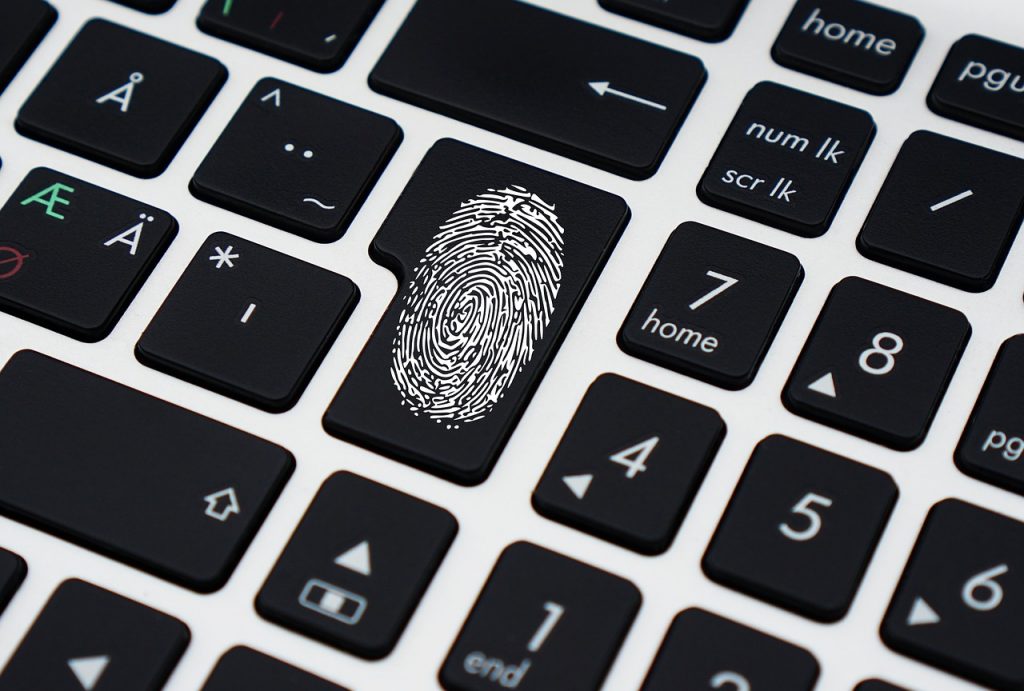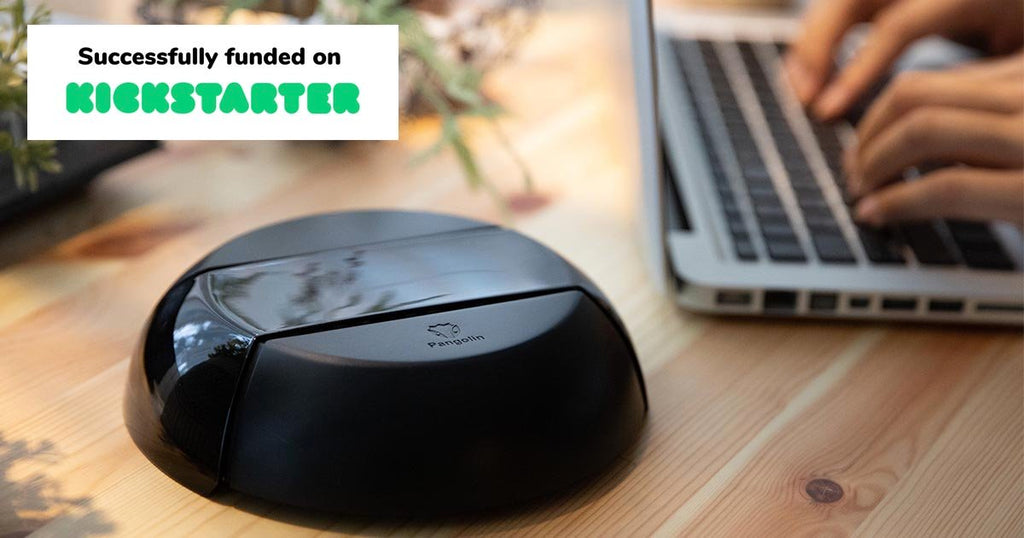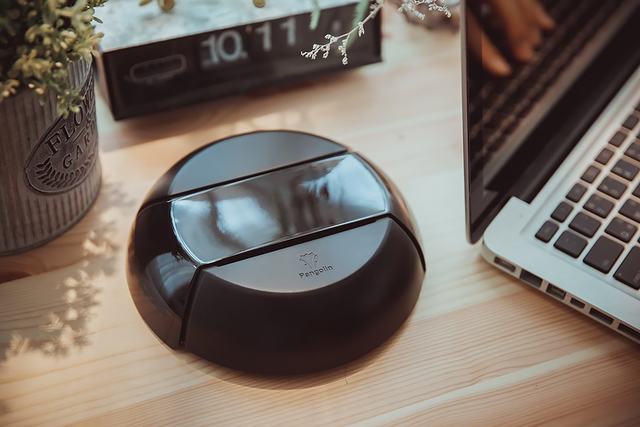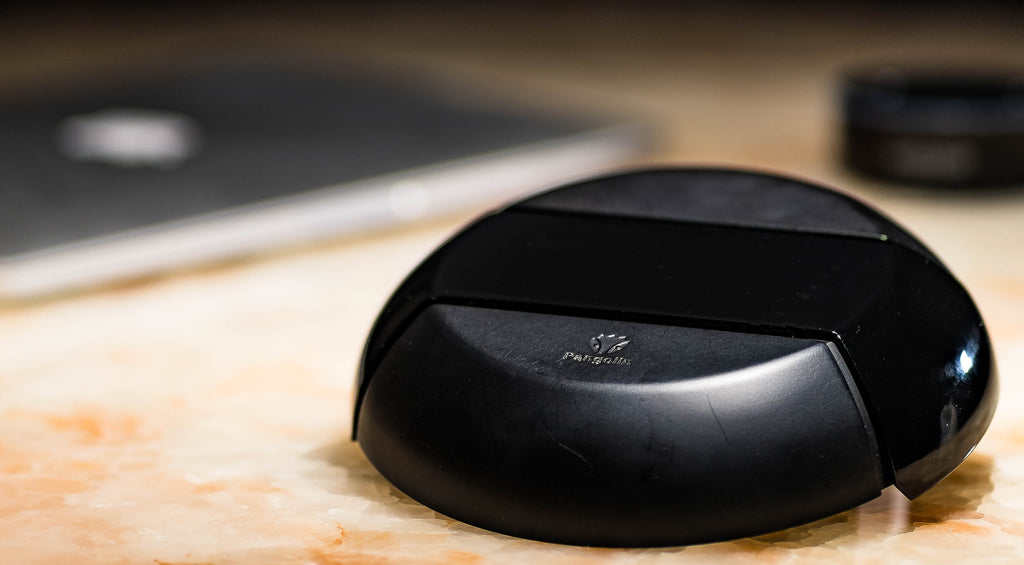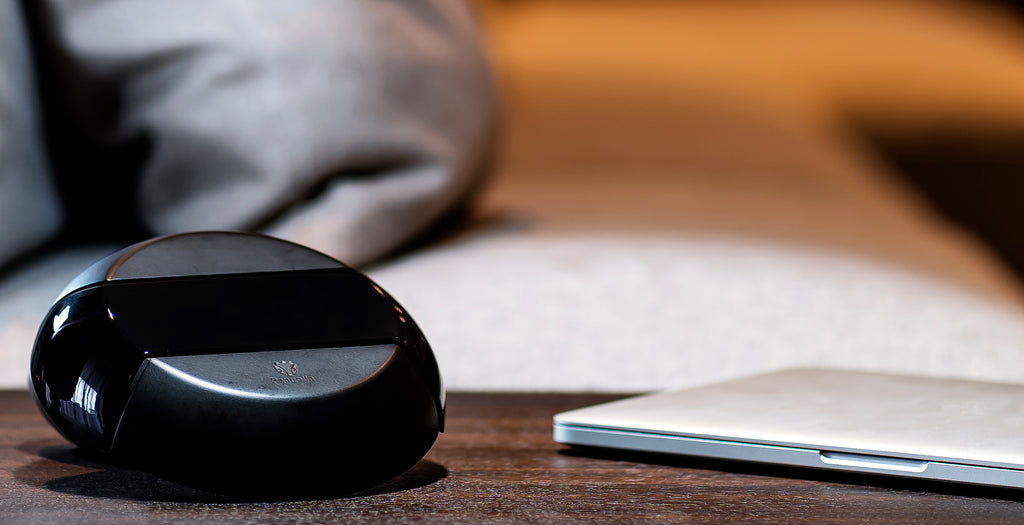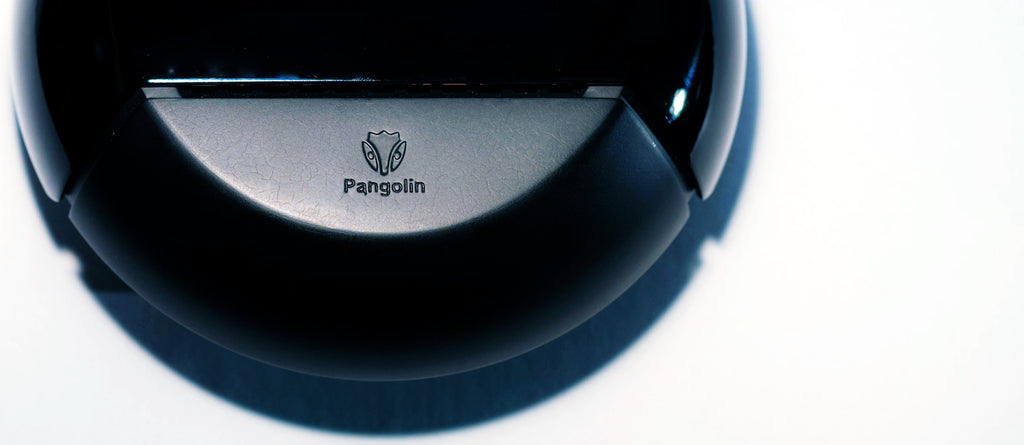How to protect your data privacy through stronger passwords or pass phrases.
Most of us have gone through the gauntlet. Every 90 days or so, most of our company-issued computers have asked us to reset our passwords.
This happens in just about every industry, from technology, to advertising, and to the media.
There’s good reason for this, because hackers are getting more adept at cracking and stealing passwords every day. Even companies that we deem safe, like Yahoo!, FedEx, or Under Armour, have had large data breaches that have given away our personal data.
Want to better protect your accounts from being compromised by malicious hackers? You can do this by following a few simple steps.
When your account details are stolen, they are often posted on websites or message boards used by hackers. Sometimes, this happens without anyone ever actually breaking into your account. That means the first thing that you should do is find out whether or not your account has been compromised.
There are tools available that will help you check this, like Have I Been Pwned? or 4iQ Password Exposure Check. Both of these help cross-check whether your email login details have been posted anywhere online.
After that, you should take a look at all of your accounts and ensure that you do not use the same password for every account. If you currently do, then you should start changing them right away.
When you do start making these changes, you may also want to start looking at pass phrases instead of passwords. The key difference between the two is that a password is a single string of characters like “c@rt0gr4pher”, while a passphrase is normally much longer and has spaces included, like “Diamond Fan Ladder Kitchen”.
Another step is to start storing your passwords on physical mediums, like a notebook that you can keep secure. The upside of this method is that no one who gains unauthorised access to your computer will be able to gain access to all of your accounts.
Finally, and perhaps most importantly, if Two-factor Authentication (2FA) is available, then you should enable it. 2FA ensures that you always need a second device to authorise any logins from unfamiliar devices, adding an important layer of security. You should still remember to be vigilant, though, as 2FA is occasionally still beaten by skilled individuals.
The tips shared above should help you keep your accounts and data secure. Remember to always stay vigilant and change your passwords once in a while!
Originally published on April 2, 2019. Updated on July 16, 2019 with additional information about 2FA.

